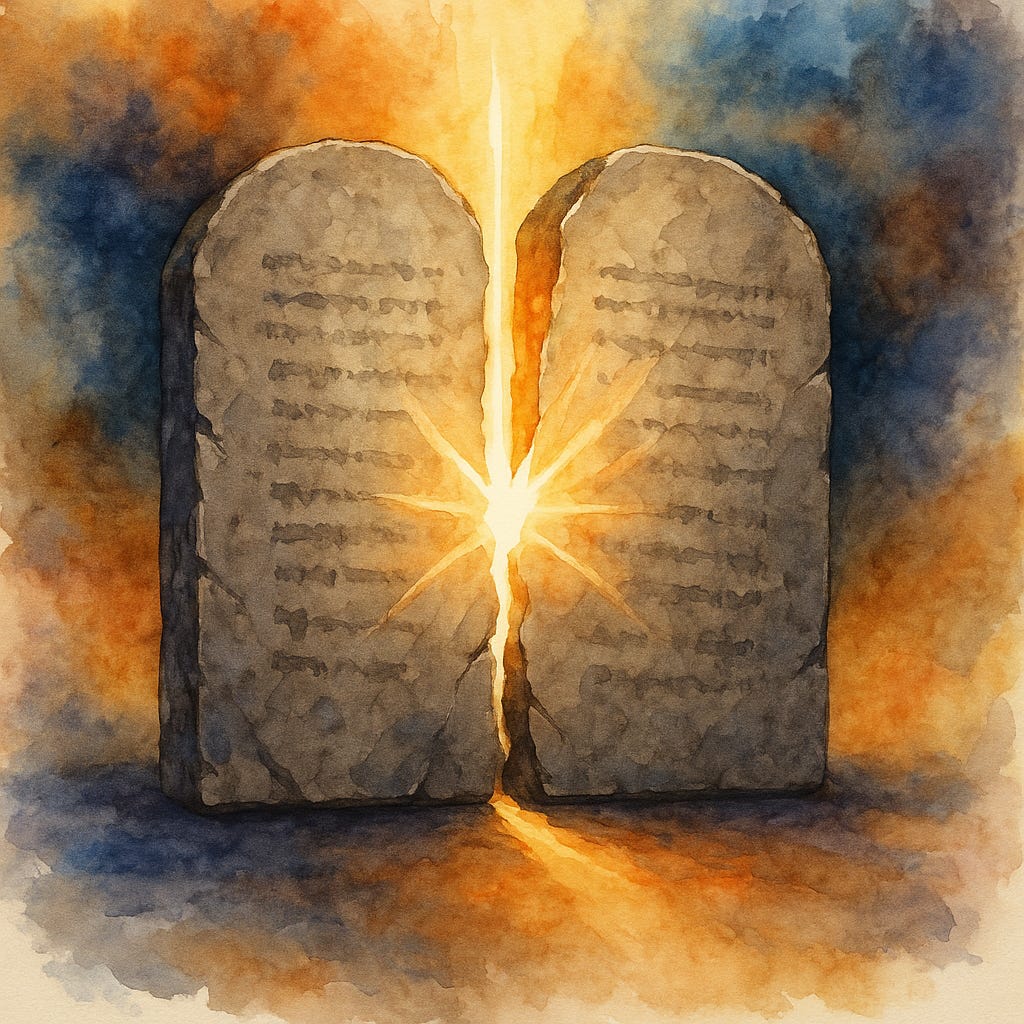The Cure for the Legal Heart
Luke 18:9–14: The Parable of the Pharisee and the Publican.
One of the great dangers warned against in Scripture is legalism. Where pride makes the Word of God a mirror for others instead of ourselves. Jesus’ harshest words were reserved for the Pharisees, scribes, and experts in the law who trusted in their own righteousness and despised others. “This people draweth nigh unto me with their mouth, and honoureth me with their lips,” He said, “but their heart is far from me” (Matthew 15:8).
Paul echoes the same sentiment in Galatians, where he warns that to add anything to Christ is to lose Him entirely. “Are ye so foolish? having begun in the Spirit, are ye now made perfect by the flesh?” (Galatians 3:3). Legalism is not law-keeping; it is law-trusting. It is trying to stand before God in my own moral clothing, rather than in Christ’s imputed robe.
The Marks of a Legalist
First, the legalist, thinking himself better than others, and condemns rather than liberates. Luke writes that the scribes and Pharisees “watched him” (Luke 6:7). When we are not self-suspicions, we become suspicions of others. The legalist watches others. Suspicion becomes habit. Their eyes are trained to spot specks in others while excusing beams in themselves. They use truth as a sword rather than a light.
Second, a legalist values rules over all else, because rules are easier to follow than investing in love. When Jesus healed on the Sabbath, they did not rejoice at the healing, they condemned the timing. Their obedience was loveless. The Word Himself stood before them, but they only saw infraction, not incarnation.
Third, deep down, the legalist is insecure. They can’t see it, but its true. Pride and fear alternate like tides in him. He must condemn others to quiet the cold gnaw of his own heart. His conscience becomes a courtroom, the judge, jury, and prosecutor all in one.
The Universal Infection
The ugly truth is, we are all born pharisees. It is in our spiritual DNA. Adam hid behind his leaves, Israel behind his golden calves, the Pharisee behind his moral résumé. “I thank Thee that I am not like this man!” Too bad. The other man was a broken man. A chest beating man. A crying man, “God be merciful to me a sinner.” Jesus tells us which one went home justified (Luke 18:14).
The danger of legalism is that it feels so right. It creates a buffer between my sin and God because it gives me something to measure by, someone to outdo, something to cling to when my conscience condemns me. We do it without notice. But grace cannot live long in the same house with pride. Either Christ bears your burden, or you do.
The Cross: Legalism’s End
So what is the cure? A lighter lifestyle and looser rules? No. A deeper sight of the Redeemer will cure us. The cure for a pharisaical heart is to commune the with the One who has already met the Law’s every demand. On the cross, Christ took the curse of failed legalists, Pharisees, self-righteous preachers, elders, every kind of proud heart, and bore it away. “Christ hath redeemed us from the curse of the law, being made a curse for us” (Galatians 3:13).
And when a man sees that, truly sees it, something dies in him, and something new is born. Patience, love, tenderness toward others, in both word and thought. The condemning heart becomes a humbled heart. The rule-keeper becomes the grace-beggar. The critic becomes a worshiper in spirit, and in truth.
Lord, Deliver me from the religion of myself.
Teach me to lay down the scale and take up the cross.
Make me, a Pharisee, rejoice in mercy,
and becoming a beggar of grace.




Well said......